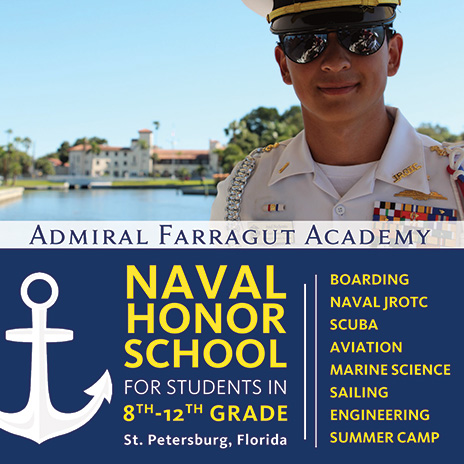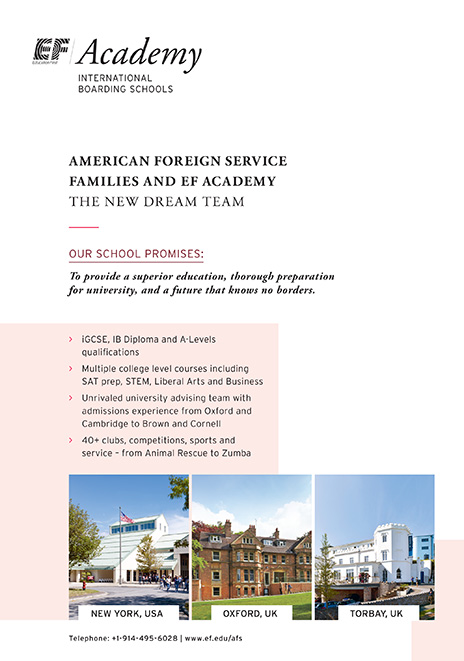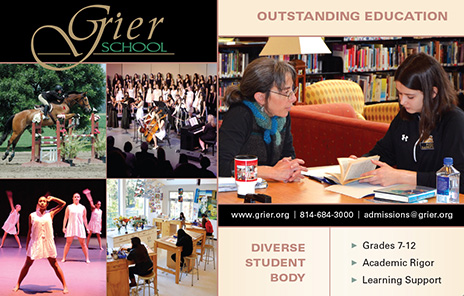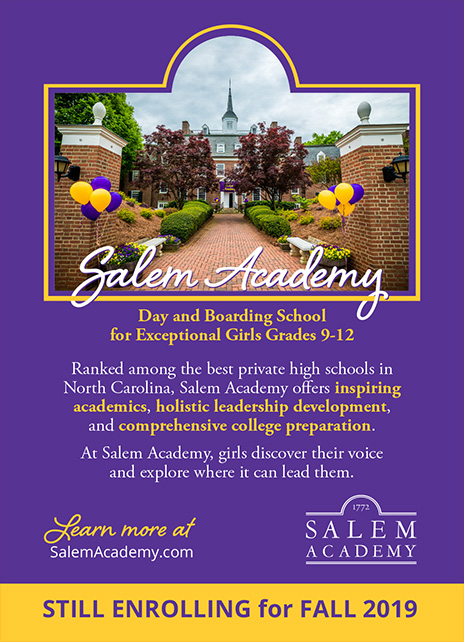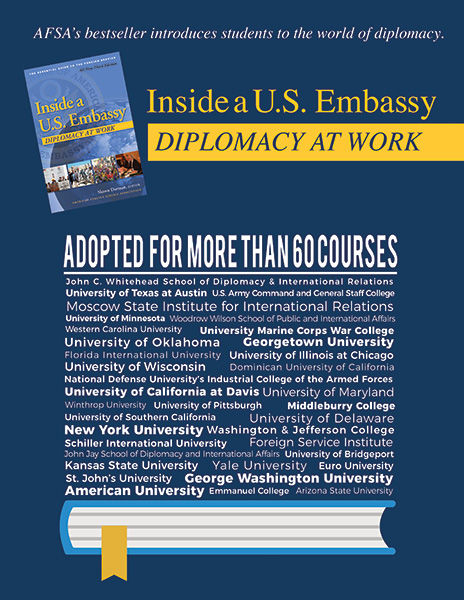The “Why This College?” Essay
This requirement for college applications is more important—and easier to write—than you may think.
BY FRANCESCA H . KELLY
Somewhere in the middle of the college application process, just when you’ve patted yourself on the back for finishing your main Common Application essay, you realize that many of your chosen colleges request at least one more piece of writing. Often, it’s what I like to call the “Why This College?” essay. The prompt for this supplement can be worded several ways, but the inherent question is clear: Why do you want to attend this particular college?
Far more important than you might think, this essay is your golden opportunity to demonstrate interest—a phrase admissions folks frequently bandy about. That’s because after they consider your transcript and standardized test scores, they start looking for “fit”: Do your interests and even your sense of purpose line up with the university’s? What will you add to the campus community?
Inside College Admissions
Colleges want students who want them. Demonstrating interest is important even if it’s because the college wants a higher yield (i.e., percentage of admitted students who choose to enroll). Because yield is both a financial and a rankings concern, it can be a determining factor in admission. When it comes down to two equally qualified students, the college will accept the student more likely to enroll.
Finally, will you not only enroll, but will you be happy during your years on campus? Satisfied students are, in the end, what make a college successful— both in reputation and in a generous alumni base.
These are some of the things going through admissions officers’ minds as they read your application, particularly the Why This College? essay. The truth is, while rankings and enrollment are significant, admissions officers will tell you that they mostly just want students who will flourish at their school. So, you need to show them why you and Wonderful College are a perfect match.
How do you do that, exactly? First, let me reassure you about your writing demands here. Lest you despair because you are applying to 10 colleges, eight of which request the Why This College? essay, here’s good news: you can use the first part of the essay for all eight colleges, and tailor the second half to each college. That will dramatically reduce your workload.
But before starting your draft, you will need to ...
Research, Research, Research
You’d be surprised how many applicants think it’s enough to like the campus tour guide or know that the college has a prestigious name. But you need to dig a lot deeper to find the best college for you.
So, do your homework. Peruse the college website, the academic majors, the actual classes. Read the school newspaper, follow the sports teams, scan student blogs and view student art projects. Listen to the college radio station. Google the professors. Look for the college on YouTube and Facebook.
Colleges want students who want them.
Visit if you can. (And if you’re lucky enough to meet a college representative visiting your school or at a college fair, engage in conversation and follow up with an appreciative email afterward— another great way to demonstrate interest.)
Once you have several pages of notes on each individual college, it’s time to write. But ...
Don’t Rewrite the College Brochure
Alas, many applicants knock off a quick, not-very-well-researched essay that says, “I really want to go to Whatever University because the campus is so beautiful and there are so many fun activities and I’m excited to take a lot of different classes and there’s diversity, too! Go Mascots!”
Trust me, college admissions officers already know how great their college is. Their impression will be that the applicant hasn’t taken the trouble to get to know Wonderful College and, therefore, isn’t particularly interested.
With a little effort, however, you can ace this supplement. After researching each college, you will write an essay that accomplishes two vital missions: illuminating who you are and demonstrating your interest—or enthusiasm.
To do that effectively, the key is using highly specific language. Just as in letters of recommendation or cover letters for job applications, specific language is believable. Generalities are the opposite. Compare these two sentences:
General: History is my life, and because Whatever College has not only a great history department but also a stellar reputation, I know I’ll be happy there on its beautiful campus.
Be specific. Remember that enthusiasm expressed in generalities can sound insincere.
Specific: My independent research into the Revolutionary War led me to read Professor Gabe McCormick’s book, The Jockey Hollow Encampment, and I’m eager to register for his freshman seminar class, “Thomas Paine and Common Sense.”
Now that you’re getting the idea, let’s move on to ...
Structuring Your Essay
Make the first half of the essay about you and your passions. If you start with an anecdote that shows them in action (rather than writing, “I love history”), you will draw the reader in. You can relay a recent experience or a typical slice of your life. This first half can be used for all your “Why This College?” essays.
Now, transition into the second half of the essay: why you and your passions will blossom at Wonderful College. This half will be written uniquely for each college, but since many of these essays are limited to 250–300 words, you usually won’t need to write more than a few sentences— just enough to enumerate some of the relevant attractions that can only be found at Wonderful College.
Some colleges ask a variant of the question: “Why This Major?” They want to know why you’re interested in the subject you intend to major in. Again, start out with an anecdote or story that demonstrates your passion for the subject, and then go into all this college offers you in that major (e.g., courses, professors, clubs). It’s pretty much the same formula.
What if you are undecided about your major? You can still use this formula, telling a story about one or more passions, and allowing enough space in the second half to discuss classes, curriculum and professors in more than one department.
Consider keeping your interests to two, or your essay may get too cluttered. (That said, there are exceptions to every rule—if you’re an excellent writer. If you have three or more interests and can tie them together in a clever way, go for it.)
You now get the idea: start with your passions, then transition to how those passions will blossom at college.
Even if you have yet to decide on a major, colleges will appreciate knowing that you have varied and keen interests— and that you have done your homework about their school.
Some Guidelines to Remember While You Write
• Be enthusiastic. You want to convey the sense that you’ve gone as far as you can go with your talents in high school, and you’re excited that this college offers so many ways for you to take your passions to a new level.
• Be specific. Remember that enthusiasm expressed in generalities can sound insincere.
• Follow the old writer’s rule: show, don’t tell. In other words, a story from your life will show them how creative you are much better than stating, “I am a creative person.” Which would you believe more?
• And please, please, please: triple-check the name of the college in your essay before uploading it to your application. If you’re tweaking the same basic essay for many schools, it’s easy to make this mistake. Sounds silly, but colleges get essays naming the wrong school every single admissions cycle.
Your Personal Stamp
The two-section system—showing your passions, followed by how those passions will blossom at college—is tried and true. But there are other approaches. One of the most effective essays I read recently was written by a student who fell in love with her first-choice college’s library, and then wrote about all the libraries she has loved in her life and what she hoped to accomplish in that college library were she to be accepted. Another student homed in on the university motto and made that the focus of his essay, because it closely aligned with his own moral code.
Bottom line: If you have your own personal style and approach, use it—as long as your essay (1) shows your passion for learning and shows the college who you are, usually through anecdote, and (2) demonstrates your interest in this college using specifics, not generalities.
I can’t resist giving you this last bit of advice: write your essays this summer, before senior year starts. You will not believe the difference in your stress levels— and your control over the process— if you start early and work a little each day over the summer. Once classes start, you will be ready to submit those applications and get on with your already very full life.
So, use your summer wisely, researching your colleges, getting excited about all the experiences you will have in college, and then expressing that enthusiasm in your essay: “Why this college? I can’t wait to show you!”
Demonstrating the Formula: Sample Essays
You now get the idea: start with your passions, then transition to how those passions will blossom at college. Yes, it’s a formula. But it’s one you can tweak with each college to make the essay personal. And you may just find, as others have before you, that having it will be a godsend when the college application process seems overwhelming.
The following two sample essays adhere to this formula in under 250 words. Neither starts with “I love Wonderful College because…” Instead, each draws the reader in by telling a story that can be used for all Why This College? essays. All the student needs to do is to plug in the correct college name, and the names of the courses, clubs and/or professors specific to that college.
Why This College?
It was down to the last question in the finals of the “It’s Academic” televised tournament. Our family members sat sweating in the studio audience. When the announcer read, “Name the only two landlocked countries in South America,” I immediately pressed the button, even though I was sure of only one of the answers. “Bolivia, right?” I whispered to my teammates, and they nodded. “And Paraguay, for sure,” said my teammate Lauren, just as I knew she would. “Bolivia and Paraguay!” our team captain, Aaron, sang out. We won the championship.
I love the adrenaline rush that comes with tapping into knowledge under pressure, and I love it even more when it’s part of working with a team. One day I hope to put these skills and passions to use as a courtroom lawyer or an international negotiator. That is why I’m so enthusiastic about Wonderful College, which puts a premium on history, law and international relations. I’ll register for the freshman seminar, “The International Criminal Court: History and Effectiveness.” I’ll take a history course from Professor John Doe, who is the author of one of my favorite books, Trivia-Lover’s Trivia. I’m also thrilled that you offer both mock trial and debate team: my biggest challenge will be deciding if I can juggle both!
I am convinced that there is no better place for me to expand my knowledge of politics and law, develop my rhetorical skills and build deep friendships while working side by side with fellow students.
Why This College?
I did everything I was supposed to do. I planted long, sinewy aquarium plants. I obsessively checked the temperature and the pH of the water. I created small refuges by piling rocks in the corner of the tank so that crevices formed. Yet, for three years, I was left disappointed. Now, just this week, my hard work paid off: my pair of firemouth cichlids produced fry, filling my aquarium with dozens of tiny slivers darting here and there. This, my first successful attempt at creating the conditions necessary for spawning, marks the highlight of my years as a tropical fish hobbyist.
When I read that Wonderful College’s marine biology program includes an aquarium management minor, I jumped up from my desk with excitement. My interest in ichthyology extends from the theoretical and research components to the practical: I love maintaining aquariums. I will enthusiastically register for Wonderful College’s classes “Brackish Water Species” and “Rescuing Our Coral Reefs.” I have already read Professor Anthony Pescatore’s book, The Fish Hobbyist’s Bible, and I look forward to taking part in his aquarium club. I’m also excited about field trips to the John D. Pickering Aquarium downtown.
In addition, I hope to take advantage of the marine biology study abroad program to Sumatra where I can observe unique species found nowhere else. For these reasons and many others, I’m certain Wonderful College is the optimal place to continue expanding my knowledge in the field of marine biology and ichthyology.
—Francesca Kelly





